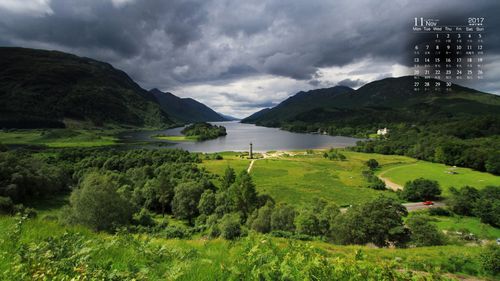The evolution of Russian culture spans over several centuries and is a fascinating subject that has captured the interest of countless individuals worldwide. From Tsarist Russia to the modern era, Russian culture has undergone a significant transformation, reflecting the country’s tumultuous history, rich cultural heritage, and changing socioeconomic conditions.
Tsarist Russia was characterized by the dominance of the monarchy and the Orthodox Church. The tsars wielded immense power and control over ordinary citizens and the ruling elite. The culture of this era was marked by an emphasis on traditional values and a deep-seated belief in the superiority of Russian culture and customs. The Orthodox Church played a significant role in shaping the culture of this era, and its influence was felt in all aspects of Russian life.
The Soviet era marked a significant departure from Tsarist Russia, with the Bolsheviks overthrowing the monarchy and establishing a communist government. The new government sought to create a new Soviet culture, which was marked by rejection of traditional values, emphasis on the arts and sciences, and a desire to forge a new identity for the country. Soviet culture was characterized by propaganda, censorship, and an intense focus on creating an ideal society.
After the collapse of the Soviet Union, Russia underwent a significant transformation, both politically and culturally. The country embraced democracy and capitalism, opening up its economy to the world and reconnecting with its cultural heritage. Russian culture today is marked by a vibrant arts scene, a thriving film industry, and a renewed interest in traditional values and customs.
One of the most significant changes in Russian culture in recent years has been the shift towards modernization and globalization. The internet and social media have played a significant role in this transformation, enabling individuals to connect with others from around the world and access information about different cultures and ways of life. As a result, Russian culture today is much more diverse and inclusive, reflecting the changing societal norms and values.
In conclusion, the evolution of Russian culture from Tsarist Russia to the modern era has been marked by significant changes and transformations. From its traditional roots to its embrace of modernization and globalization, Russian culture continues to be a rich and dynamic force in the world today. As the country continues to evolve and grow, it will be interesting to see how its culture reflects the changing realities of the world we live in.
(Note: Do you have knowledge or insights to share? Unlock new opportunities and expand your reach by joining our authors team. Click Registration to join us and share your expertise with our readers.)
Speech tips:
Please note that any statements involving politics will not be approved.
